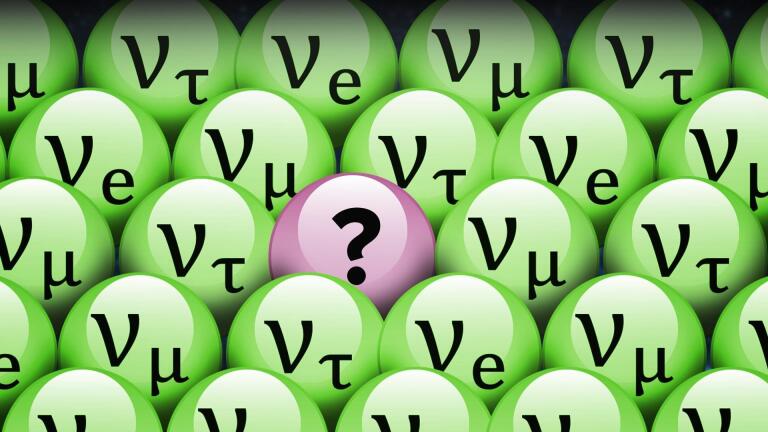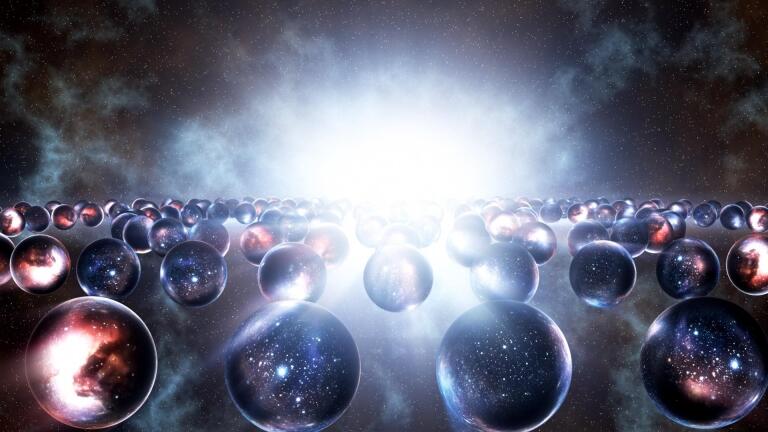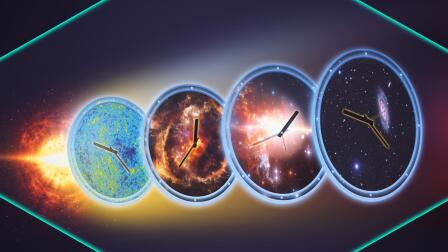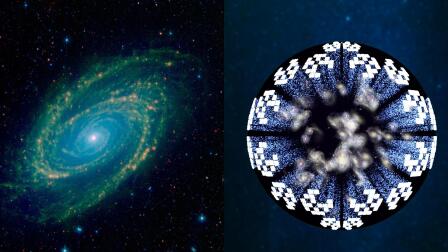Back to Show
PBS Space Time
How The Penrose Singularity Theorem Predicts The End
Season 6
Episode 33
The 2020 Nobel prize in physics went to black holes. It was shared by the astronomers who revealed to us the Milky Way’s central black hole and by Roger Penrose, who proved that in general relativity, every black hole contains a place of infinite gravity - a singularity. But the true impact of Penrose’s singularity theorem is much deeper. it leads us to the limits of Einstein’s great theory.
Support Provided By

16:26
There’s a new generation of experiments that may unlock the gravity particle.

18:33
The universe thrums with quantum fields, except something may be missing: the sterile neutrino.

18:42
Gravitons, the particle of quantum gravity, may be impossible to detect.

25:02
2025 was the international year of quantum science, but today we examine its origins.

21:17
We’ve found lots of “habitable” worlds but we don’t know what factors are needed for life.

21:31
What is the graviton, and does it even exist?

19:52
Antimatter drives sound like science fiction, but they may not be as far as you think.

23:22
Does quantum mechanics allow the future to retroactively influence the past or not?

19:14
Life on mars could result in humanity’s destruction via Fermi Paradox.

19:01
How to build a particle collider the size of the solar system.

12:39
One of the most important reasons we go to space is to know our own planet better.

16:18
Is there evidence for the existence of an enormous number of other universes?











